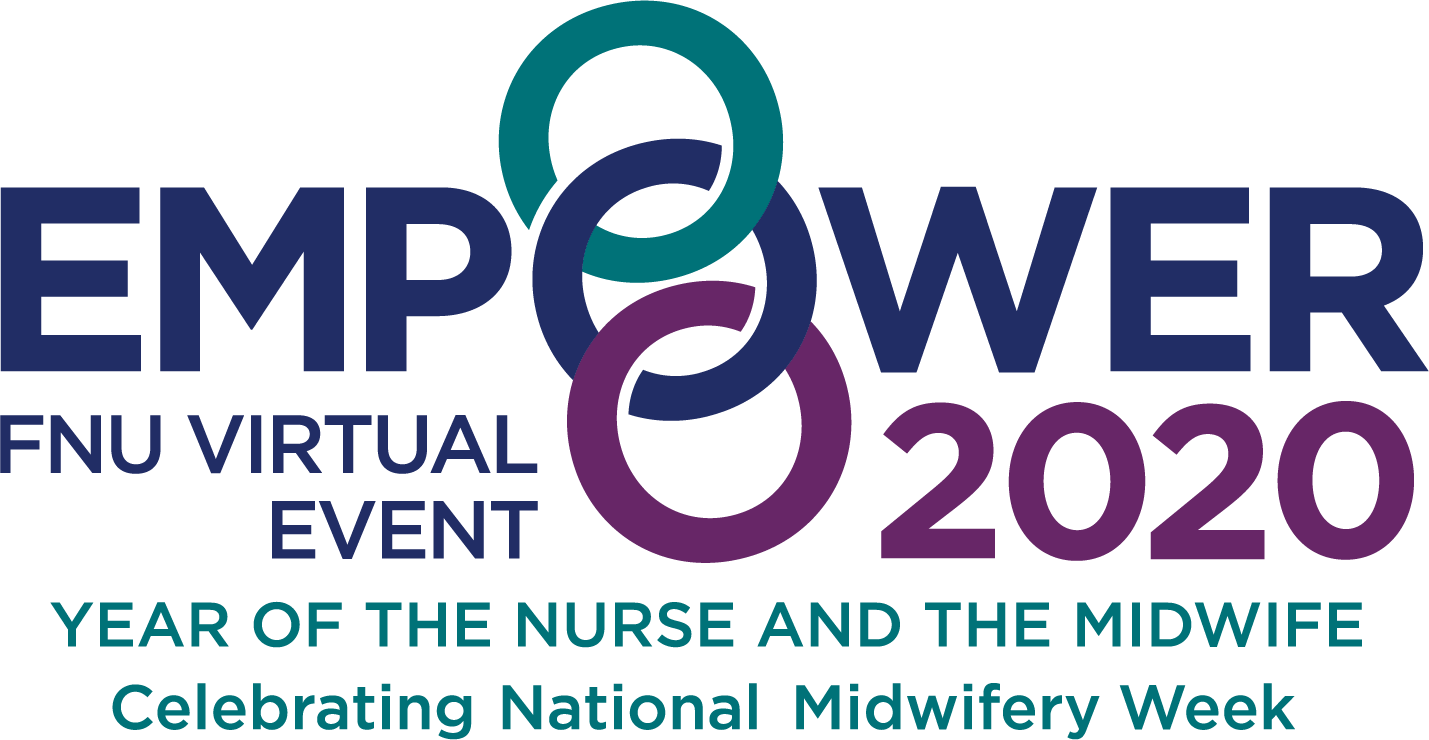Maternal mortality remains one of the most critical public health challenges worldwide, with millions of women still facing life-threatening complications during pregnancy and childbirth. In the United States, maternal mortality rates are alarmingly high compared to other developed countries, and these numbers are disproportionately worse among Black, Indigenous, and Hispanic women. The factors contributing to maternal deaths include limited access to healthcare, inadequate prenatal care, underlying health conditions, and systemic inequities within healthcare systems. However, Nurse Midwives are emerging as key players in addressing this crisis.
Nurse Midwives are uniquely positioned to improve maternal outcomes. Their focus on providing holistic, patient-centered care is critical in preventing and managing complications, particularly for underserved communities. Here’s how they can help reduce maternal mortality rates:
Providing Comprehensive, Personalized Care
Nurse Midwives provide personalized, compassionate care that focuses on the entire woman—physically, emotionally, and socially. They take the time to build trusting relationships with patients, promoting open communication. This is particularly important for women in marginalized communities, who often face biases and discrimination in healthcare settings. By fostering trust, Midwives help ensure patients feel comfortable seeking care early and frequently during pregnancy, which is essential for identifying and managing complications.
Addressing Disparities in Healthcare Access
One of the leading contributors to maternal mortality is a lack of access to quality prenatal and postpartum care. Nurse Midwives often serve in underserved areas, such as rural communities or inner cities, where healthcare facilities may be scarce. Their ability to work in various settings—hospitals, birthing centers, and patients' homes—makes them accessible to a wider population. Furthermore, they can provide cost-effective care, which is critical for uninsured or underinsured women, ensuring financial barriers don’t prevent them from receiving life-saving interventions.
Expertise in Preventive Care and Early Intervention
Nurse Midwives emphasize preventive care and early intervention, both of which are key to reducing maternal deaths. They monitor women throughout pregnancy, helping to identify risk factors such as preeclampsia, gestational diabetes, or infections that could lead to severe complications if untreated. With their expertise, they can intervene early and either manage these conditions themselves or collaborate with Obstetricians and other specialists when necessary.
Promoting Safer Birth Practices
Nurse Midwives are strong advocates for evidence-based, low-intervention birth practices, which can significantly reduce the risk of complications during childbirth. For example, they support natural birthing methods and focus on minimizing unnecessary cesarean sections, which carry higher risks for infection, hemorrhage, and complications in future pregnancies. Their expertise allows them to balance safety with the mother’s birthing preferences, creating a safer and more empowering experience for women.
Providing Critical Postpartum Care
Postpartum care is often overlooked, yet it is a crucial period for preventing maternal deaths. Midwives are trained to provide extensive postpartum care, addressing both physical recovery and mental health. This includes monitoring for conditions like postpartum hemorrhage or infections and supporting mothers in managing the emotional challenges of the postpartum period. By continuing to provide care well beyond childbirth, Midwives can help identify and treat complications before they become life-threatening.
Advocating for Systemic Change
Beyond their clinical work, Nurse Midwives are strong advocates for healthcare reform. They are pushing for policies that improve maternal care across the board, including expanding Medicaid coverage for postpartum care, increasing access to Midwifery services, and addressing racial and socioeconomic disparities in healthcare. Their voices are essential in driving systemic change to reduce maternal mortality on a larger scale.
Nurse Midwives are crucial in the fight against maternal mortality. Their holistic, patient-centered approach to care, combined with their advocacy for systemic change, makes them invaluable in improving maternal outcomes. As we continue to seek solutions to this public health crisis, investing in and expanding access to Nurse Midwifery care is one of the most effective strategies we can employ. By empowering Nurse Midwives and supporting their efforts, we can save lives and create healthier futures for women and their families.



 Maternal health disparities are a significant problem in the United States. W
Maternal health disparities are a significant problem in the United States. W National Midwifery Week is the first week of October, and Frontier Nursing University (FNU) is celebrating by hosting a
National Midwifery Week is the first week of October, and Frontier Nursing University (FNU) is celebrating by hosting a